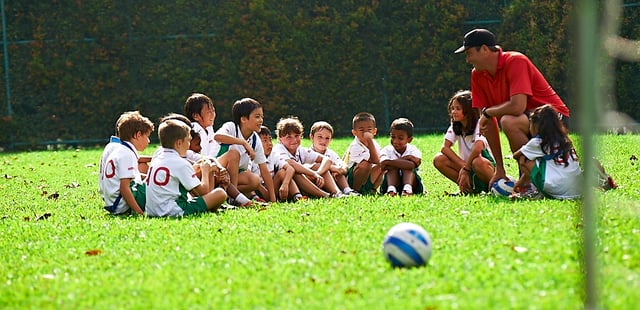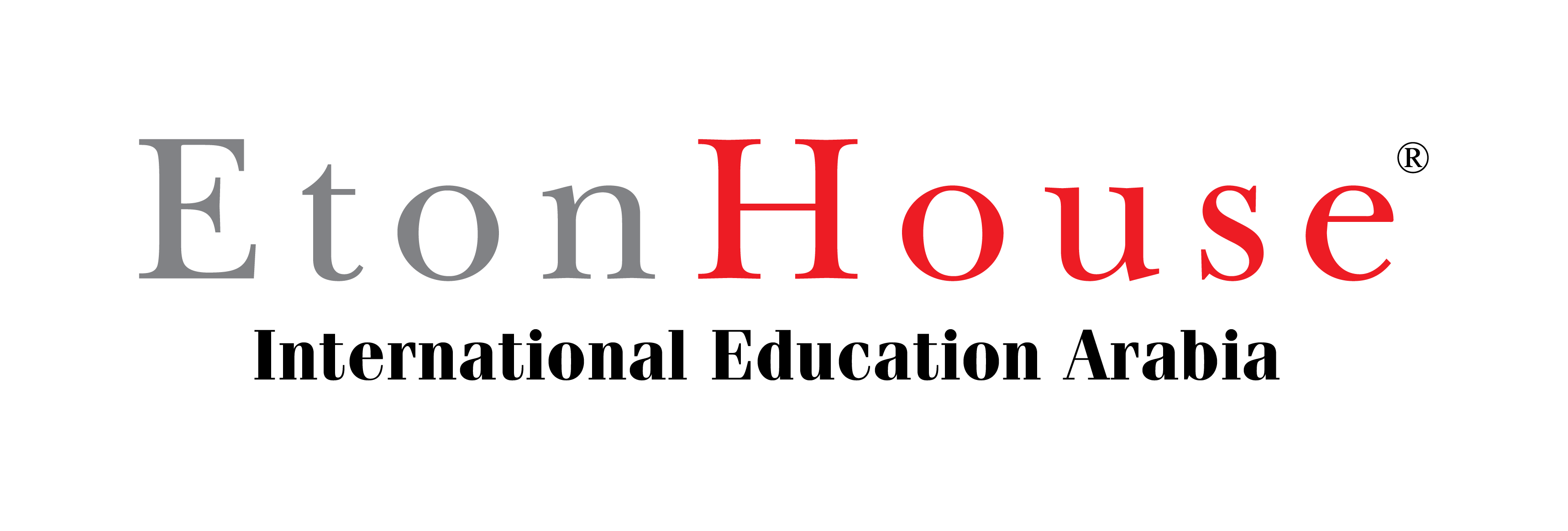We often talk about our children growing up in a world that is very different from ours. One that is changing faster than any of us can comprehend. Where today’s learners are expected to have 10-14 jobs by the time they are 38 years old*. We are, therefore, preparing students for the unknown.
The education that our children experience should, therefore, respond to this new reality, the new ‘normal’. With many international schools in Saudi Arabia offering a range of programmes and philosophical underpinnings, how do they translate into meaningful outcomes for your family?
Here are 6 factors to consider when making that important decision for your child.
1. Philosophy and Curriculum
Different schools adhere to different philosophies. Some schools align with the national curriculum of a country to enable students to transition to their own countries. In Saudi Arabia, we have international schools offering British, American, and International Baccalaureate (IB) curricula. However, for a lot of expatriate families, there is no certainty as to which country their children will grow up in, let alone work as adults. It is, therefore, prudent to consider international programmes that enable your family to transition to different contexts. Inquiry and international-mindedness are being recognised as the pillars of all successful international school programmes. Remember, to ask for:
- Specific details on the curriculum being followed, examples of how a lesson is planned
- What a day in school looks like
- How much homework is expected on a daily, weekly basis
- How assessments are done - Are there any external assessments?
2. Community
As the world gets increasingly globalised and geographical boundaries become less important, an international education environment must respond and mirror this development. International schools must, therefore, be a global community of learners, a melting pot of different cultures, where there is a genuine and enthusiastic response to different traditions and customs. We do not want a world where our children are isolated in their thinking despite living in a global context.
It is therefore important to:
- Visit the school during school hours and speak to the teachers, the leadership team, the students and parents if possible. A community that is enthusiastic, happy and diverse is where you’d like to be.
- Ask about the parent-school association and the opportunities to collaborate with the school
- Ask about the settling-in process for new families. The energy of the school will help you decide on whether or not you and your family will feel welcome in it.
3. Language programmes
There are several research findings that emphasise the importance of multilingual skills. It is important to evaluate a school based on its second/additional languages programme and whether the programme is differentiated to respond to individual learning goals.
Some suggested questions:
- How much emphasis is given to second languages, and what are the actual contact hours? What are the language options available?
- How is the language programme delivered?
- Are there cultural immersion opportunities?
- How is language learning assessed?
- Does the school have any accomplishments on a competitive level against other schools?
4. Extra-curricular programme

A school is only complete if it offers programmes that allow students to develop their skills and enhance their learning through a variety of experiences.
A good international school will have a diverse and well-thought-out extra-curricular programme in a variety of domains. They will have specialist teachers and studios equipped with materials that are cutting-edge and in line with best practices.
Ask for:
- The school calendar to understand how much emphasis is given to learning outside of the classroom
- Opportunities that students are provided with to hone their individual skills, leadership skills and interests
- The ECA calendar and timetable for your child’s year group etc.
This will give you an opportunity to benchmark the school’s performance in areas outside of academics as compared to other schools.
5. Certifications and external validations
Schools whose programmes are certified and authorized by international and local organizations are those that have invested in putting processes in place to cater efficiently to the school community. This translates into the content of the programme, the quality of teaching staff, the learning resources and the relationship the school has with its parent community.
Look for schools that have international and local validations in terms of their programmes and operations. These include partnerships with well-respected organisations to deliver programmes. The IB and IGCSE are some of the external validations that you should look out for.
6. Teaching team
A school is as good as the educators it attracts. Be sure to ask about the following:
- Qualification of educators
- Where the educators are from
- The average time span of educators in the school
- How long has the leadership team been with the school?
- Professional development opportunities for educators
After you have considered all of the above, what really matters at the end of the day is how the school makes you feel. Did you feel valued as a family, were your concerns respected and addressed well, did you matter? Each and every interaction with the school, right from that first phone call to the goodbye at the end of the school tour will give you a very strong indication of the philosophy that drives the school. Go with your gut, as you know your family best. Good luck!
Experience a school that combines academic rigour with happiness and well-being.

.jpg)

